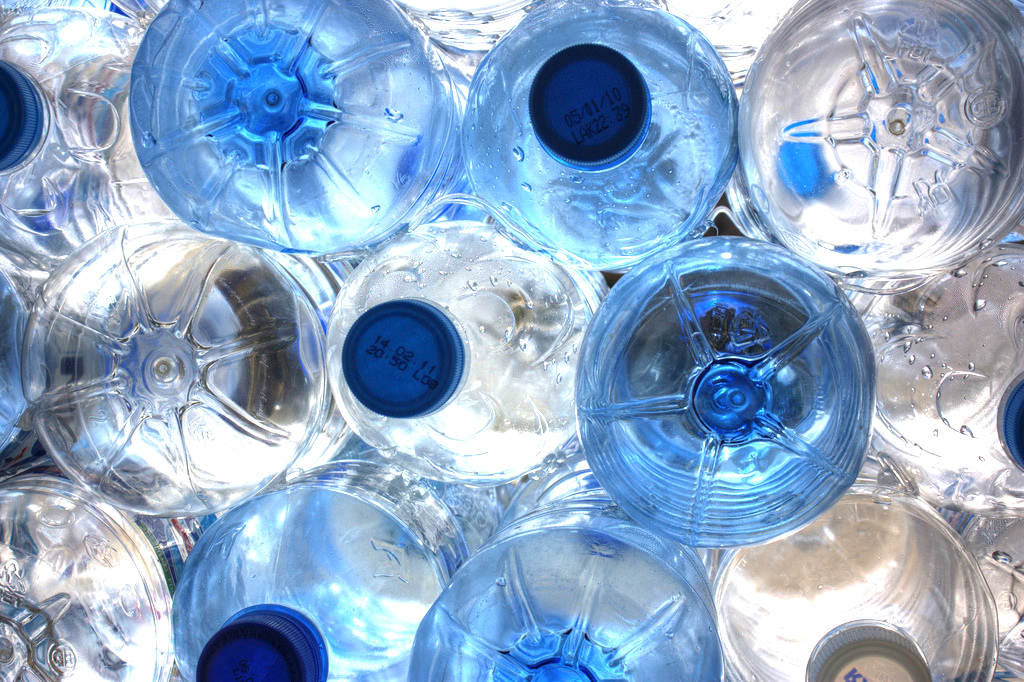For the past several years, the Alumni Center and Green U have partnered together to offer incoming freshman reusable water bottles during orientation.
This year, the bottles served a bigger purpose, as they were a part of the new on-campus initiative Take Back the Tap.
Take Back the Tap is coordinated by the national nonprofit organization Food & Water Watch, which encourages college campuses to take a pledge to stop drinking bottled water.
Several UM organizations, including Green U, the Alumni Center and ECO, the energy conservation branch of Student Government, collaborated to create the bottles given to new students at orientation.
Each water bottle had an attached flyer with facts about conserving water and Take Back the Tap.
The goal was to encourage new students to take the pledge to be bottle-free and inform them about the benefits. According to the Food & Water Watch website, two of the reasons to switch from bottled water to tap water is the high cost of bottled water and the environmental hazards associated with the disposal of plastic water bottles.
Senior Randall Seenandan first heard about Take Back the Tap in 2012 during an Atlantic Coast Conference leadership symposium held at the University of North Carolina at Chapel Hill. The symposium focused on water conservation.
Seenandan, who is the leadership program coordinator at the Butler Center, was then inspired to start a water conservation program at UM.
“I realized that their message was in line with what I wanted to do as far as bringing back something to our campus,” he said.
Ben Slavin, the e-board chair of ECO, helped encourage students to switch to reusable bottles. He said that ECO partnered with facilities to help add water bottle refilling stations to water fountains around campus.
“Gradually, I think the biggest thing that we’re shooting for is culture change on campus,” he said. “That was the goal in targeting the freshman class specifically.”
Junior Natasha Koermer, who works with Seenandan at the Butler Center, partnered with him to work on Take Back the Tap.
“What it comes down to is that unsafe water is common in all parts of the developing world,” she said. “I think it’s a commodity that we take for granted in the United States.”
Last year, Koermer and Seenandan worked together with organizations like Engineers Without Borders, STRIVE and ECO to host World Water Day during spring 2014. During the event, students had the chance to sign a banner that said “I Pledge to Take Back the Tap.”
Moving forward, Seenandan hopes to increase student involvement in Take Back the Tap.
He would like to initiate a partial ban of water bottles on campus, starting with the Student Activities Center (SAC). That would mean banning the sale of bottles in the SAC and making events held there bottle-free.
Teddy L’Houtellier, the sustainability manager for Green U, said there are popular misconceptions about the safety of drinking tap water.
For example, he explained that issues with the taste of tap water are more often related to the plumbing or pumping systems than to the water quality itself.
According to Food & Water Watch, tap water is more strictly regulated than bottled, as it is regulated by the U.S. Environmental Protection Agency (EPA). Bottled water, on the other hand, is regulated by the Food and Drug Administration (FDA), which, according to the Food & Water Watch website “has a poor record of protecting consumer health and safety.”
The EPA regulates for more than 90 contaminants. However, an article published in the New York Times in 2010 stated that there were more than 60,000 chemicals used in the U.S.
Justin Stoler, a geography professor who teaches a class on safe drinking water, said that the health risks associated with these chemicals is still not totally understood. However, he believes that the other benefits of reusable water bottles, such as the environmental and economic benefits, make them a “more socially responsible” option.







